Antibiotics
Antibiotic resistance is now one of the greatest threats to global health, food security and development. In our group we investigate the mechanism of resistance to ribosome-targeting antibiotics mediated by ABCF proteins conferring resistance to several groups of clinically important antibacterial agents, e.g. macrolides and lincosamides. With the focus on the primary role of antibiotics and the corresponding resistance determinants in the natural environment, we explore the evolutionary mechanisms leading from cell signaling and regulatory molecules to antimicrobial resistance. A better understanding of the principles of antibiotic-resistance (ARE) ABCF function and resistance evolution could provide strategies for developing new interesting compounds and approaches to overcome this type of resistance.
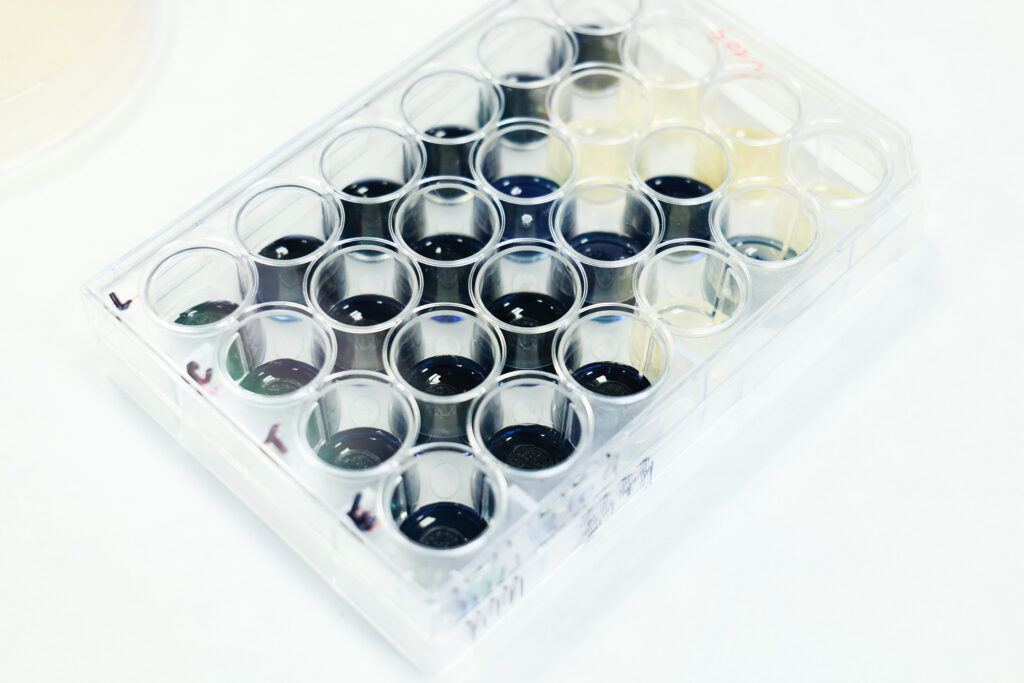
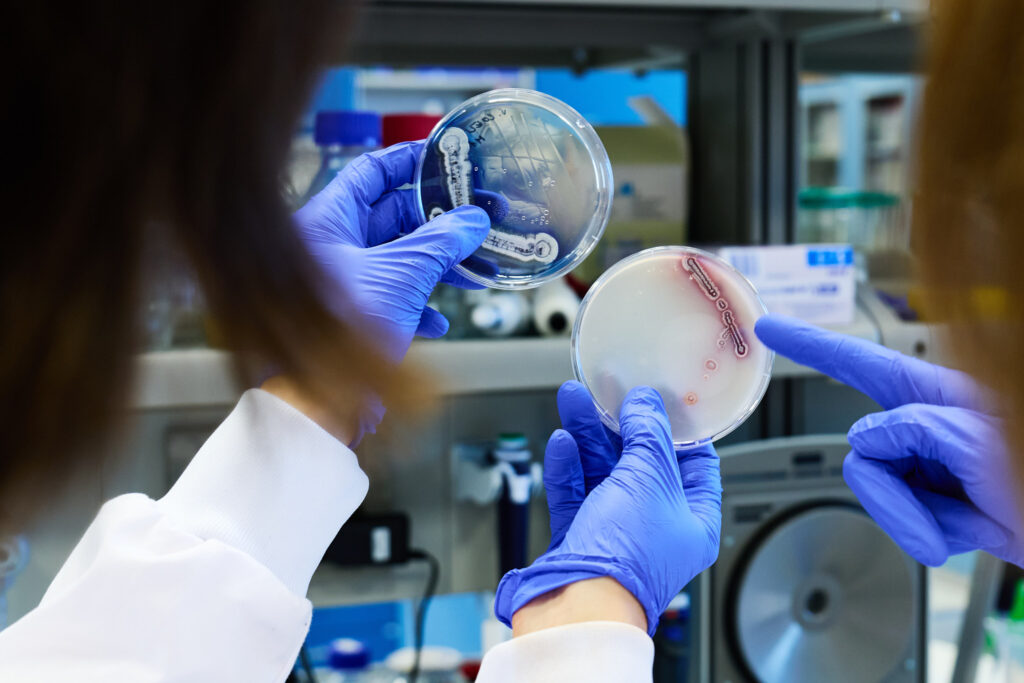
ABCF ATPase LmrC from Streptomyces lincolnensis as a regulator
LmrC initiates lincomycin production in response to antibiotics of lincosamide, streptogramin A, and pleuromutilin (LSAP) group in the environment (Koberska, mBio, 2021). We will further clarify the mechanism, how the signal from environment is acquired and further processed to activate the lincomycin biosynthesis
ABCF ARE5 proteins in S. COELICOLOR
Despite being members of the same ARE5 ABC-F subfamilly Sco0636 and Sco6720 have distinct functions. Considering that the ARE ABC-F genes are encoded in the genomes of many clinically relevant bacterial species, it is important to determine the molecular determinants of antibiotic resistance and antibiotic signaling functions and understand to what extent the ARE ABC-Fs pose a threat to newly developed drugs targeting the ribosome.
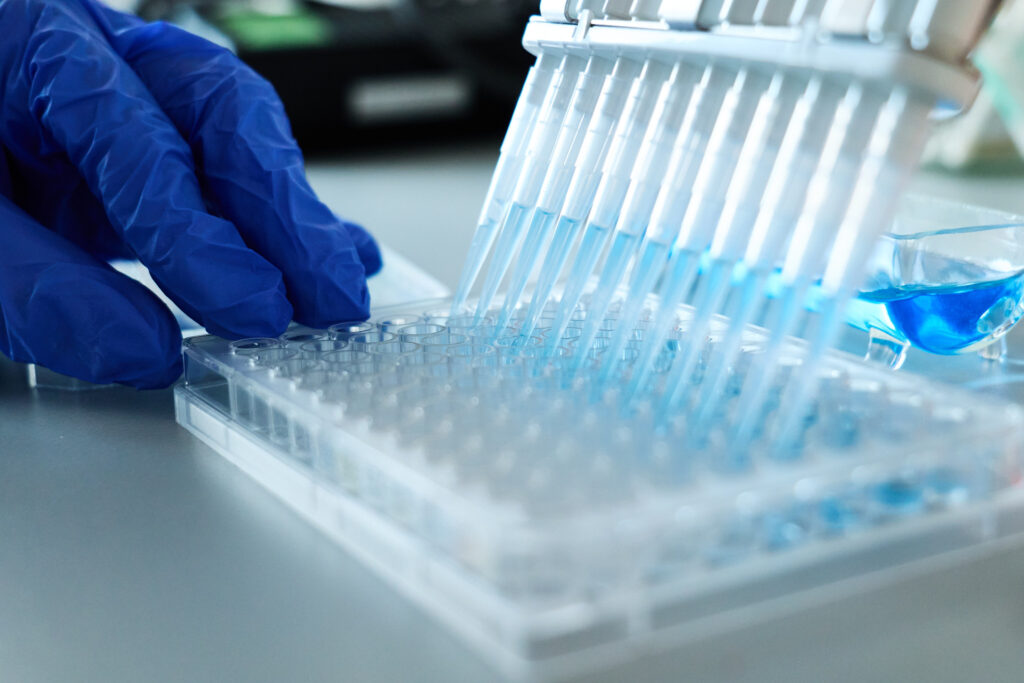
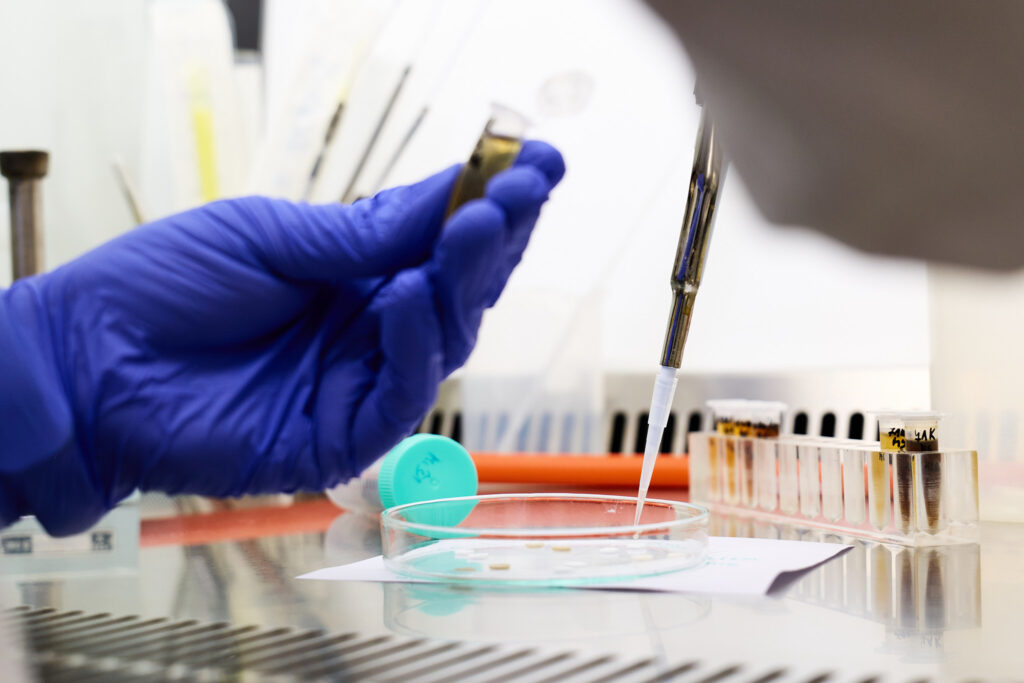
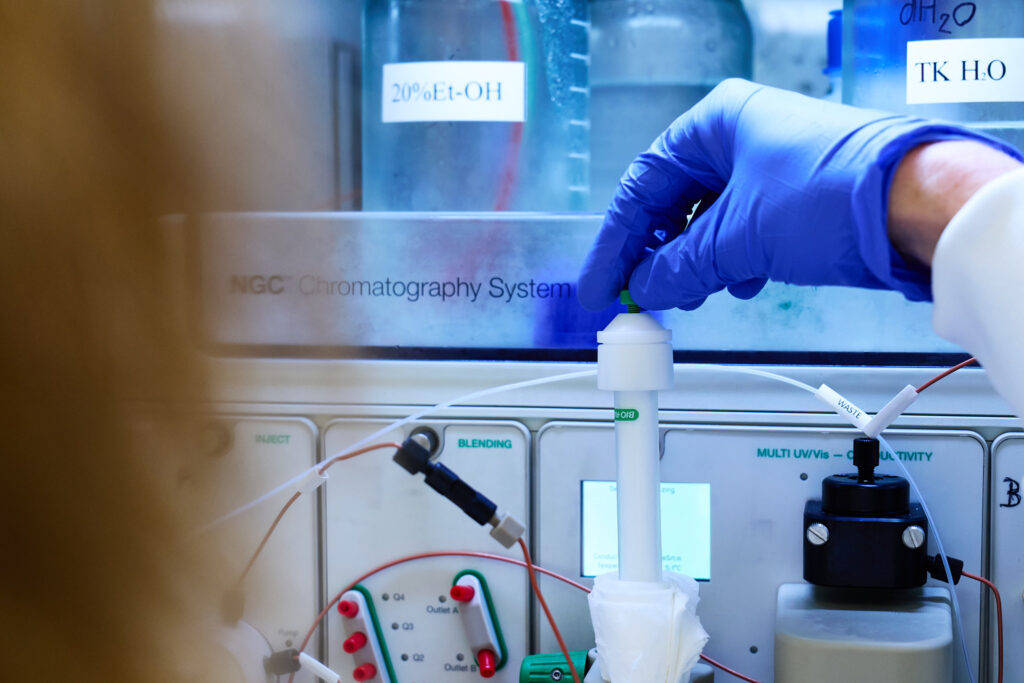
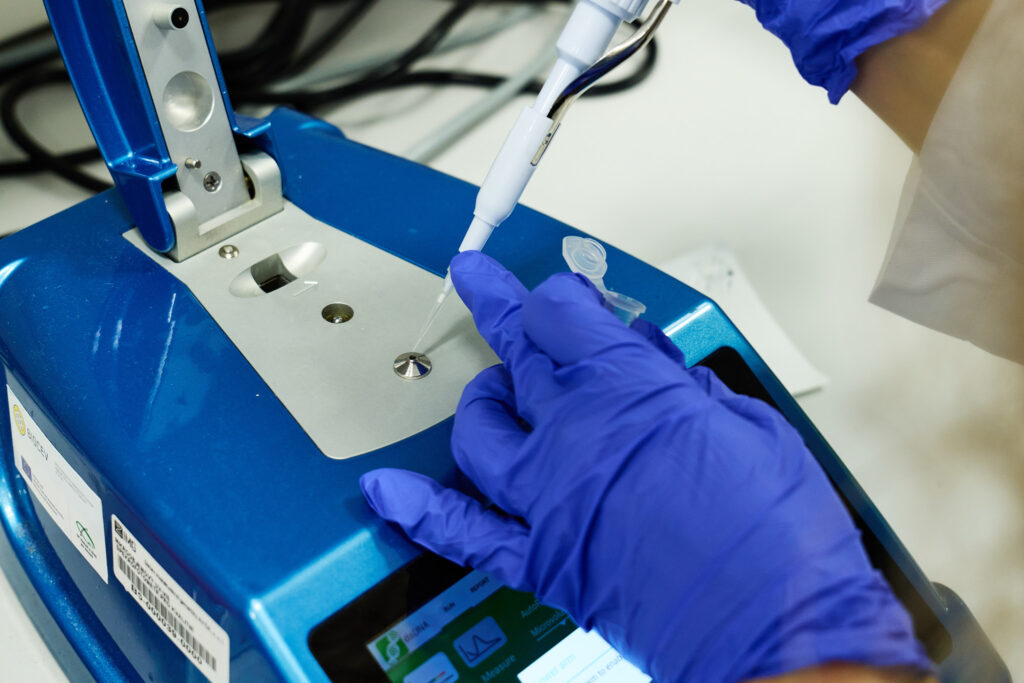
VgaA atenuation mechanism
VgaA, which mediates resistance to the LSaP antibiotics in staphylococci Understanding the molecular details of how the ribosomal arrest complex is formed in response to LSaP antibiotics in different attentuators will facilitate the development of new derivatives with improved activities against mutli-resistant pathogens.
Institue of Microbiology
Institute of Microbiology, CAS
Vídeňská 1083, 142 20 Prague 4 - Krč
The Czech Republic
BIOCEV
Institute of Microbiology, CAS
Průmyslová 595, 252 50 Vestec
The Czech Republic
Contact Us
lab111@biomed.cas.cz
+420 241 062 371
